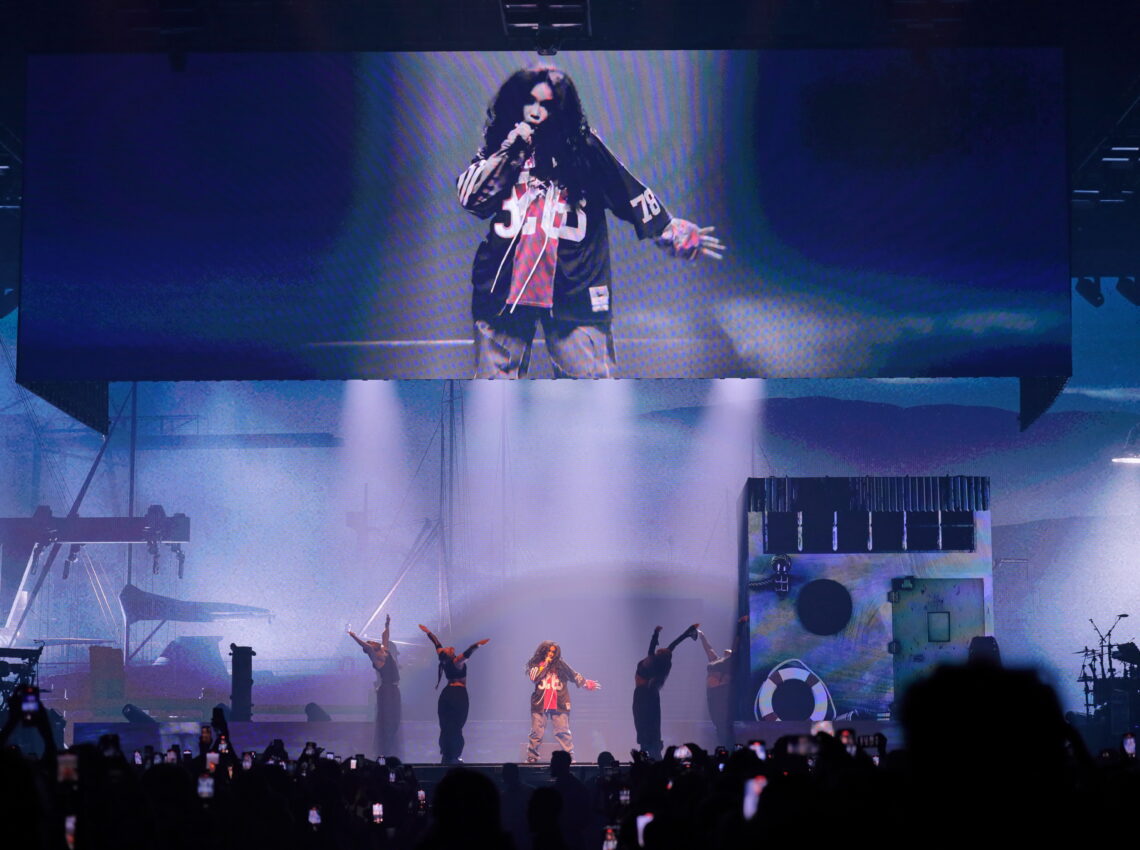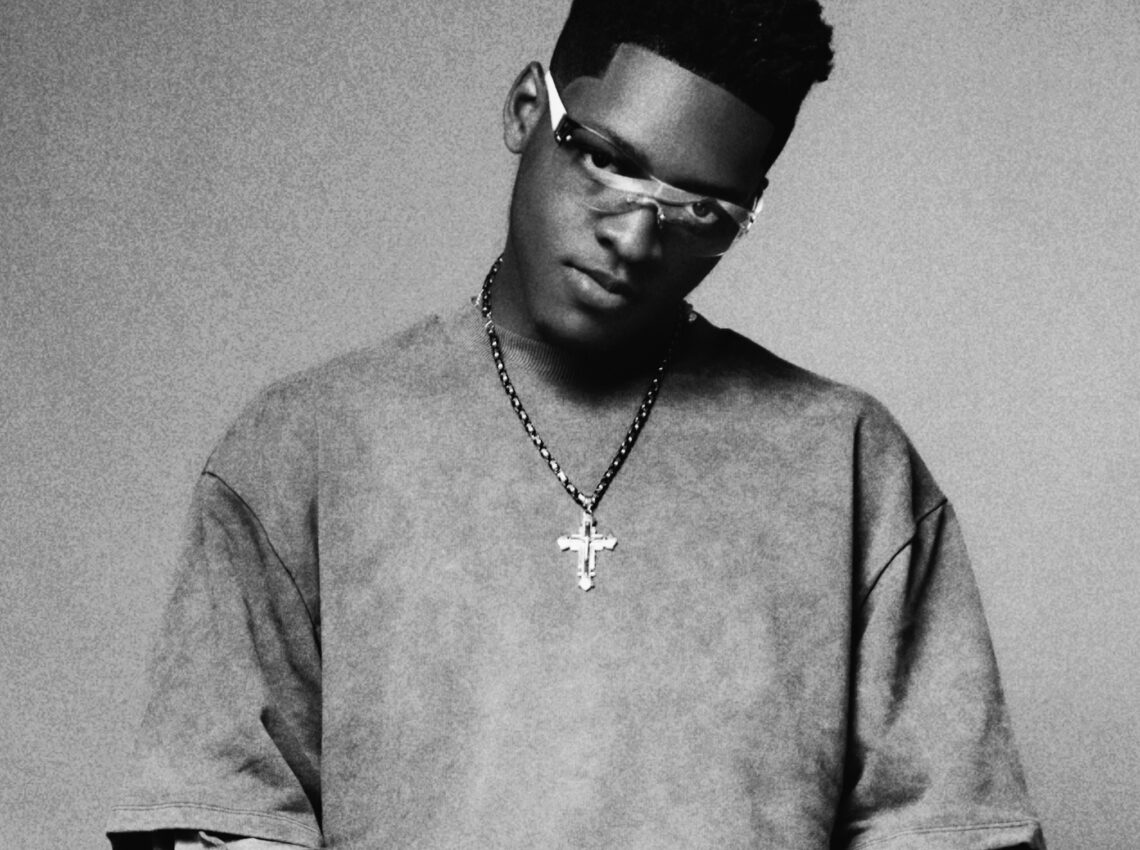A conversation with ‘School Girls; or, the African Mean Girls’ director Monique Touko [@mons_about] and Heather Agyepong [@heathatrottlives]
![A conversation with ‘School Girls; or, the African Mean Girls’ director Monique Touko [@mons_about] and Heather Agyepong [@heathatrottlives]](https://guap.co/wp-content/uploads/2023/07/Screenshot-2023-07-04-at-16.38.12-1140x850.png)
Ahead of the Lyric Hammersmith Theatre’s most recent announcement that they are extending the smash hit School Girls; Or, The African Mean Girls Play by award-winning playwright Jocelyn Bioh, GUAP sat down with Stage Award-winning director Monique Touko and actress Heather Agyepong.
The UK premiere of the production opened at the Lyric Hammersmith Theatre on 14 June to critical acclaim. Earlier this year, Idris Elba joined the project as an Associate Producer and, together with Jocelyn Bioh, continued their ambition to further shine a light on Ghanaian stories and West African representation in the UK.
GUAP: When you first read the script – what were your initial thoughts?
Touko: Dream play, dream building. I knew I could assemble the right people as so many incredible black actresses are around to cast this. This play came at the right time.
Agyepong: I was blown away by the script; it’s so good. And when I heard Monique was attached, I was even more obsessed. Getting the news that I had an audition felt like an honor. Also, my heritage is Ghanaian. I’ve never played a Ghanaian character before, so this felt like such a beautiful connection—a celebration of a part of me.
GUAP: What were your main influences when researching the play?
Touko: I went to Ghana last December. I went to Aburi to visit the mountains and the girl’s school. I was able to go inside. So that was a vital part of my research: understanding the people and the culture. And I was then delving into Ghanaian history. Ghana is the first black African nation to gain its independence from colonial rule. They are special people! So just being aware of this and knowing it is an extraordinary place.
Agyepong: Most of my influence came from working with Monique. Monique is great at finding characterization and asking pertinent questions that place you back when you were 18 and what that felt like. But when I think of black women and films that have been impactful in my research, the film Girlhood, with its solid but vulnerable depictions of youth.
GUAP: It’s refreshing to see stories of black women given the attention it deserves.
Touko: Absolutely. We did a Q&A with some young people, and one of the big takeaways was that there had been a big focus on black male stories. The Lyric Theatre is making a conscious effort to be more inclusive of more black female stories that do not feel tokenistic. They aim to create an experience outside of the theatre as well as inside.
GUAP: What are the main talking points of the play that you want to highlight?
Agyepong: I think this show is important because it talks about the specificities of what it means to be a black woman growing up. Shared issues of growing into womanhood and body changes, the show also talks about beauty standards and what it means to be black, trying to negotiate how to feel beautiful and wanted. The extra hoops we have to jump through as black women. But this play also celebrates the journey of sisterhood and community. West African culture is rooted in society, and this play shows the importance of that and how we all need each other.
Touko: This play is also fun! It’s lighthearted and has moments that hit the soul but are wrapped in the comedy of it. I love music and film, and I want to invite more people to come to the theatre. I’m a massive advocate, it’s a fantastic platform, and I want more black people to feel included and safe in the space. We do great work. All of the shows have done really well because blackness is at the center of it.
Discover more from our Arts and Culture section here.




![ZINO VINCI’S ‘FILTHY & DISGUSTING’EP BRINGS YOU TO THE CORE OF THE ARTIST [@ZinoVinci]](https://guap.co/wp-content/uploads/2023/10/Zino-4.jpg)





![Remel London’s [@Remel_London] “Mainstream” is a must attend for upcoming presenters!](https://guap.co/wp-content/uploads/2017/02/REMEL-LONDON-FLYER-FINAL-YELLOW-COMPLETE-1.png)